Shopify vs BigCommerce: Which One to Choose for Your Online Business
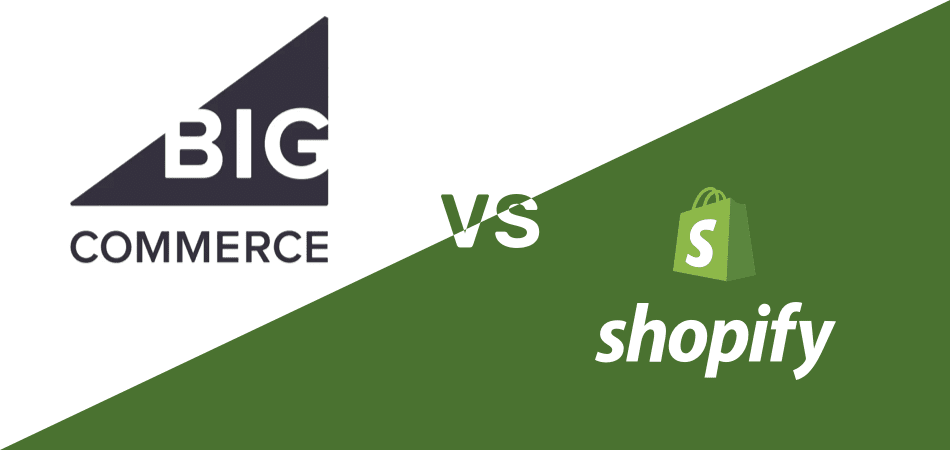
As the pandemic reshaped shopping habits, maybe you are considering opening online stores for safer and more convenient access to daily necessities. This shift presents a lucrative opportunity to start an e-commerce business.
If you’re planning to launch your online store in 2021, you may be wondering: Shopify vs. BigCommerce— which platform is right for your e-commerce venture? This article will guide you through the decision-making process.
We’ll compare Shopify and BigCommerce across various aspects, helping you understand their unique features and capabilities. By the end, you’ll be equipped with the knowledge to choose the best platform for your e-commerce needs.
Shopify vs BigCommerce: Overview
First of all, why we choose Shopify and BigCommerce to make a comparison since there are many other options, such as Wix, Squarespace? The answer is simple. They are better. They offer the most impressive features at really affordable prices, while being also very easy to use. For online entrepreneurs, impressive features and affordable prices are vital. You can look at the following brief introduction to help you understand. For details about Wix and Shopify comparison, you can check in Shopify vs. Wix: Which Is Better for Your Business in 2021 article.
Shopify
Shopify was founded in Canada in 2006 and has now developed into one of the most popular E-commerce platforms. Shopify is a platform that allows you to open your online store to get it up and running smoothly.

It provides all the necessary features needed to manage the store and build your brand. In addition, it provides integration with report tools to help you effectively manage your business performances. What’s more, it offers dropshipping tools such as DSers, to help you fulfill your orders.
BigCommerce
Founded in 2009, BigCommerce has more than 600 employees and supports more than 90,000 online stores in over 120 countries now.
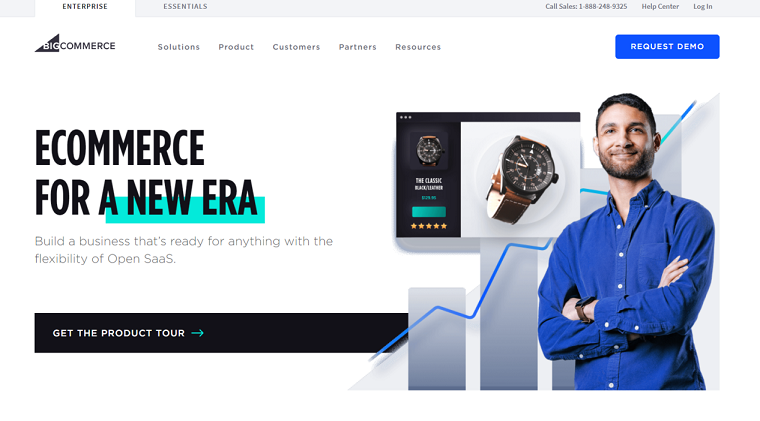
As a premium hosted E-commerce solution, BigCommerce allows you to build an online store, customize it with your preference, and then sell an unlimited number of digital, physical, and even service-based products. Also, it does not require you to purchase any web hosting or install anything on your computer to use it.
Shopify vs BigCommerce: Specific Comparison
1.Pricing
Firstly, let’s have an overview of the pricing plans and features of Shopify and BigCommerce:
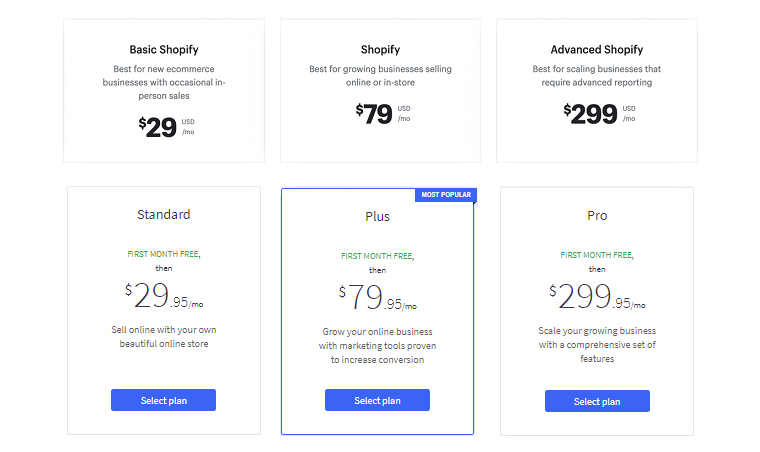
You can see the two platforms have very similar pricing plans. On BigCommerce, if you sign up for the Plus and Pro plans by purchasing a one-year subscription, you can save 10%. Shopify also offers a 10% discount for annual plans just like BigCommerce, and provides a 20% discount when pre-purchasing a two-year subscription.
Although they have similar plans, Shopify is cheaper to start as it also provides a “buy button”. With this button, you can place an order on your existing site or any other website, and even on social media, not just on Shopify. Then you don't need a separate new website to open your online store.
2.App Store
Both Shopify and BigCommerce have their app stores. These stores host a series of proprietary and third-party applications for both B2B and B2C businesses allowing you to extend the functionality of your site.
You can use these apps to add products, create coupons, find suppliers, bundle products, place multiple orders at one time and sell on social media, etc.
With its large size, Shopify is the winner in this aspect. Shopify has a much larger user database and so third-party developers are more likely to create tools for the platform.
The fact is that Shopify’s app store is so big that there are apps for almost everything you can think of.
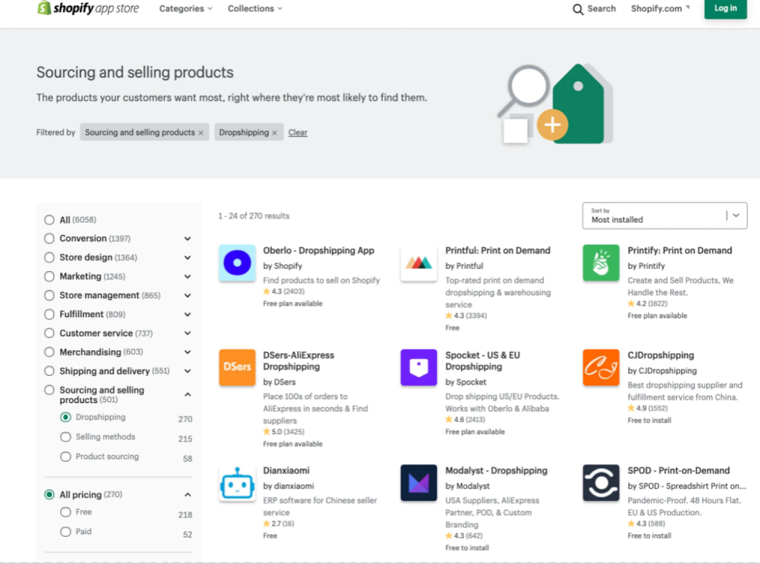
3.Mobile Apps
As mobile is more and more popular in our daily life, you may need an e-commerce website builder letting you take advantage of the mobile revolution. It includes ensuring that your customers can shop online without worrying about using their mobile phones. However, you may also want to make sure that BigCommerce and Shopify also have apps for you to achieve this goal.
Shopify provides more features and application options to handle your store anytime, anywhere. The two main competitors are Shopify POS and Shopify App. The Shopify App allows you to manage orders and reports. On the other hand, Shopify POS makes it possible for you to sell from a Shopify store located in a physical store.
BigCommerce also has a mobile app offering you support for managing orders and viewing customer details. However, the BigCommerce app is more basic than Shopify’s.
4.Payment Gateways
To sell online, you need a gateway to complete payments, such as Stripe or PayPal. For more details about payment options, you can check on Does AliExpress Accept PayPal: Find Out Here + Other Payment Alternatives article.
BigCommerce integrates with 65 popular payment gateways, while Shopify integrates with more than 100 -including its payment gateway, called Shopify Payments.
And if you choose to use third-party payment gateways, not Shopify Payments on Shopify, you need to pay transaction fees. The charges are depended on its plans:
- Basic Shopify – 2%
- Shopify – 1%
- Shopify Advanced – 0.5%
However, BigCommerce doesn’t require you to pay transaction fees. But the fact is that, their technology can be seen as less advanced as the one Shopify uses.. Shopify Payments was designed to make this process easier for customers and involves fewer settings.
Through Shopify Payments, customers can pay you via all the major payment methods, too. So unless you have a strong preference for another payment gateway, Shopify Payment is a good option.
5. Dropshipping
For dropshippers, the most important thing is to be able to quickly and easily source products from suppliers, add them to your store, and have the selling and shipping process automated.
BigCommerce has a decent app marketplace, with a few great product sourcing apps.
| Get Started Now to Grow Your Online Business with the Best AliExpress Dropshipping Tool - DSers! |
There are similar apps on Shopify that focus on different niches, marketplaces, or regions. These apps are almost all highly rated and good at what they do.
Although both platforms have apps enabling you to complete everything from sourcing the product to setting up shipping through the supplier. Shopify’s apps are of better quality, like DSers, so Shopify has the upper hand on this aspect.
| Get Started Now to Grow Your Online Business with the Best AliExpress Dropshipping Tool - DSers! |
6.Manage Online Store
When it comes to managing your online store, Shopify users often need to install a third-party app to edit orders or apply a credit to a customer’s account. Besides, Shopify supports editing the address of the customers, but can't edit the order itself. If a customer needs to change something about the order on Shopify, the user needs to cancel it and create a new one. Otherwise, the user would need to pay for another app. However, if you are on BigCommerce, you can easily update the size of the product of the order inside your control panel.
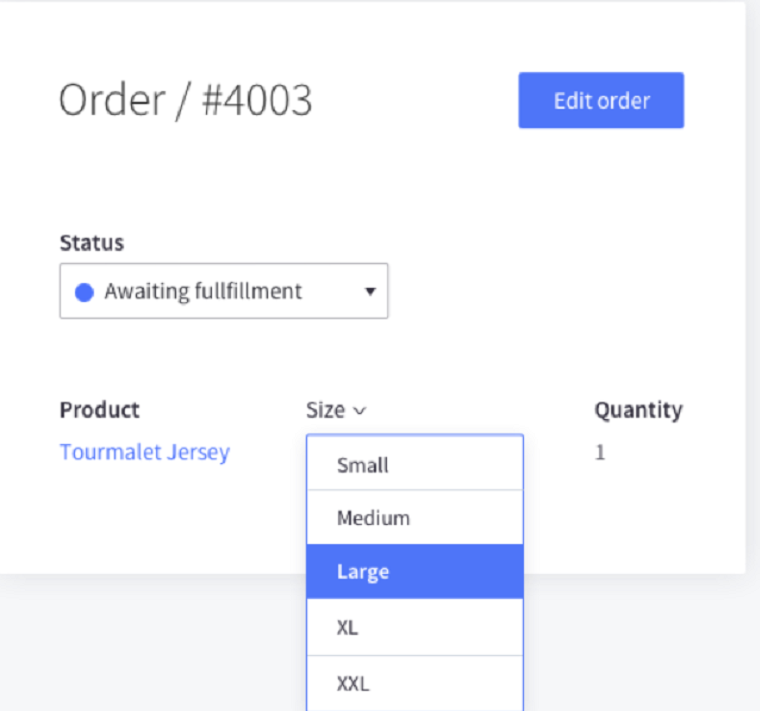
What’s more, offering customers store credit can be a great way to improve customer retention. On BigCommerce, you can easily apply the credit to a customer's account towards future purchases. With Shopify, you might need to issue a gift card or install a third-party app to manage store credits.
7.Customer support
Searching for tech support is crucial for all businesses. For online business owners, customer service is how you assist customers.
Both Shopify and BigCommerce allow you to access similar options when searching for support. Here are some support options they provide:
- 24/7 support
- Help center
- Support forum
- Video tutorials
- Advanced specialist support
Once you start a free trial on BigCommerce, you'll receive a 10-minute call from this platform. After the call, BigCommerce will understand more about your business, and then it can give better suggestions for you.
Besides, if you sign up for the enterprise-level plan, BigCommerce will provide you with professional consultants and phone calls from highly skillful BigCommerce staff.

Shopify’s customer support section is much clearer than BigCommerce’s. On Shopify, the different parts are separated in detail clearly. You can easily find what you want.
Besides, Shopify customer service also offers support through social media. It’s different from BigCommerce. When you request a solution to a question, it will direct you to a relevant page within the Shopify knowledge center. It is a great help feature and Shopify has an advantage over BigCommerce in this aspect.
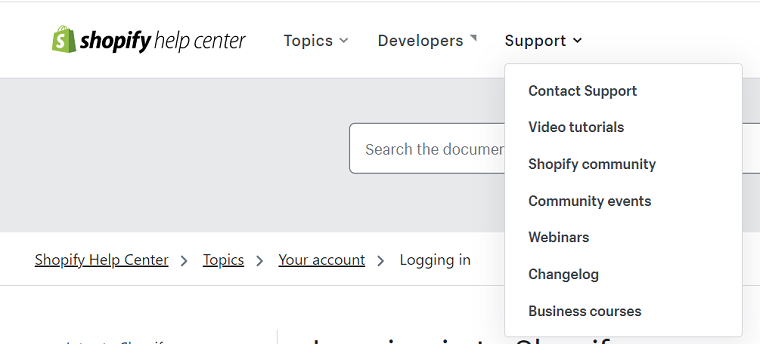
8. Marketing Features
When it comes to promoting your business, marketing tools and strategies are vital. Approaching customers through email marketing is a reliable tactic to help you promote your products easily. For more details about email marketing, you can check on What Is Email Marketing article.
BigCommerce takes full use of email marketing platforms such as MailChimp, G Suite, which helps you to synchronize your online store data. Shopify email, on the other hand, provides you with built-in tools to build lasting and stable customer relationships. It helps to get customer trust and retention.
BigCommerce provides features related to SEO. It ensures that industry-standard SEO can build into all of the BigCommerce sites. Shopify’s SEO supports on-page optimization by customizing title tag and meta description configuration with an easy interface in every product and page editor.
Shopify vs BigCommerce: Pros and Cons
Now you know the key features and differences of both platforms - Shopify and BigCommerce. Both E-commerce solutions have their advantages and disadvantages. So it’s time to take a look at the pros and cons of each.
Let’s start with Shopify.
- Add sales features to your E-commerce site
- Multiple plans to choose from, including Shopify Plus and Advanced Shopify
- Powerful backend, with different ways to add functionality with plugin tools and extensions
- Excellent Inventory Management system for managing your deals
- Support for multi-channel selling on social media platforms, such as Facebook, Instagram, and other environments
- A range of themes and designs to choose from
- Incredible online support service, with a 24-hour dedicated team
- Limitation for scalability: You need to rely on third-party multi-currency apps
- You should pay transaction fees unless you’re using Shopify Payments
- You have to change your site’s format once you switch templates
Now let’s turn our eyes to the pros and cons of BigCommerce
- Many plugins - in features for online selling
- No transaction fees, so it ensures more benefits for your store
- Multiple solid SEO features to help you rank online
- Scalability for big companies who want to grow their business rapidly online
- Difficult for beginners to use since it has complicated terminology
- It requires some knowledge of coding if you want to make full use of the tech
- Its plans come with annual sales thresholds - You need to pay more if you want to cross them
- It is not easy to create a multi-lingual store with BigCommerce
- Editing interface might be difficult for beginners
Pro Tips: DSers for Better Dropshipping Business
Shopify is to make it as easy as possible to launch an e-commerce website quickly.
If you want to start dropshipping, then you may find dropshipping with a store on Shopify could help to reduce risks and avoid losses. No inventory, no stock risks and even no need to deal with the products, and you will still be able to fulfill an order.
Shopify has 100+ apps in its app store. So it provides you all the features required by E-commerce. DSers is the best dropshipping tool.
With its Stock Management, Supplier Optimizer, and other valued features, you can save both time and money while doing dropshipping.
Final Thought
Both Shopify and BigCommerce are powerful e-commerce platforms, offering a vast range of features to help you manage and grow your online business.
However, Shopify is the better option because of its lack of sales limits, varied themes, mobile apps, POS systems, and the vast range of apps available.
Also, Shopify’s setup couldn’t be easier, even if you’re new to creating an e-commerce website. Shopify also provides a large number of design and theme options, including free and paid options. That’s why Shopify is always friendly to new users.





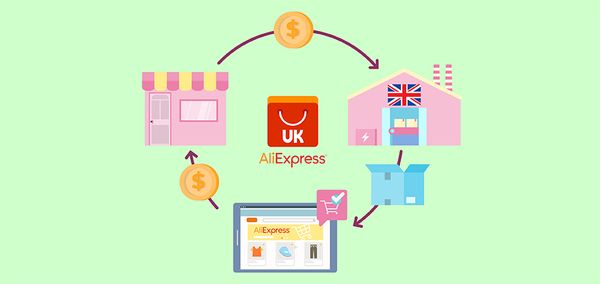

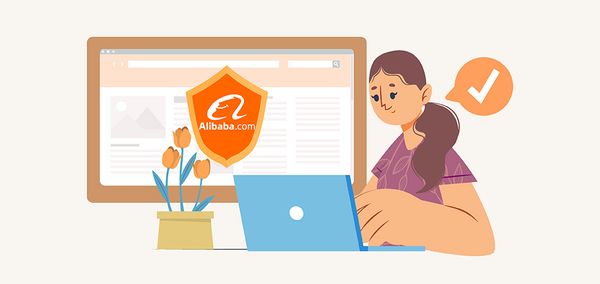





 Company
Company
 Why Choose DSers
Why Choose DSers
 Blog
Blog
 Help Center
Help Center




 Live Chat
Live Chat